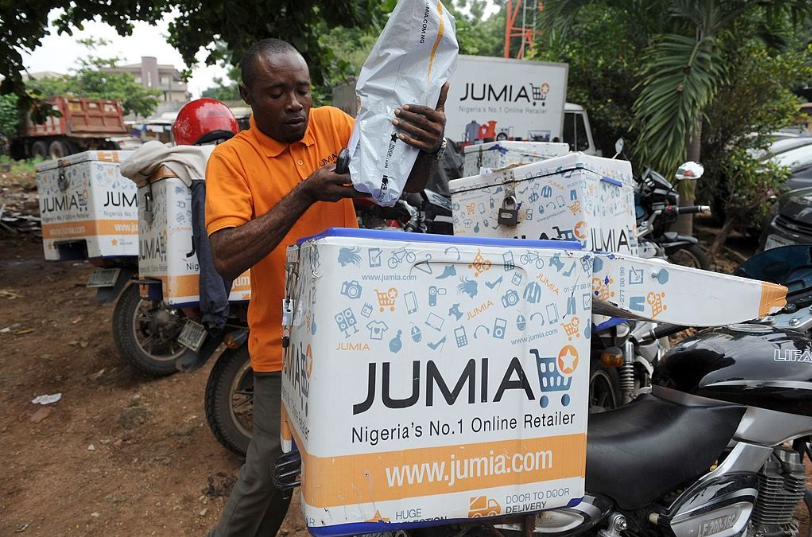Jumia, the e-commerce platform operating across nine African countries, has expanded its logistics service, Jumia Delivery, to Nigeria. The move, which follows a successful implementation in Ivory Coast, is another avenue to deepen revenue sources as the company targets profitability within the next two years.
Jumia Delivery will enable third-party sellers ship parcels through Jumia’s established delivery fleet and distribution network. The company earlier noted that its network has seen increasing penetration in rural and upcountry regions, with orders from these areas accounting for 58% of total orders in the first quarter of 2025.
“Africa’s growing digital economy demands robust and efficient delivery services, and we are excited to introduce Jumia Delivery as a reliable solution to improve last-mile logistics, Francis Dufay, CEO of Jumia, said in a statement.
“The introduction of Jumia Delivery in Nigeria, following our success in Côte d’Ivoire, is a major step forward in addressing logistics challenges and meeting the evolving needs of both individuals and businesses.”
No doubt, the introduction of a delivery service is coming as a (good) surprise to many. The launch in Nigeria leverages Jumia’s existing logistics infrastructure, which has grown significantly. The initiative represents a strategic pivot for Jumia, following a period focused on cost optimisation. Now, it can use its assets to generate additional income as part of its path to profitability.
Following the Nigeria rollout, Jumia plans to expand Jumia Delivery to other key markets on the continent, including Kenya, Ghana, and Senegal. The company said the expansion reinforces its role in enabling Africa’s e-commerce ecosystem through an enhanced logistics backbone.
Get passive updates on African tech & startups
View and choose the stories to interact with on our WhatsApp Channel
Explore




